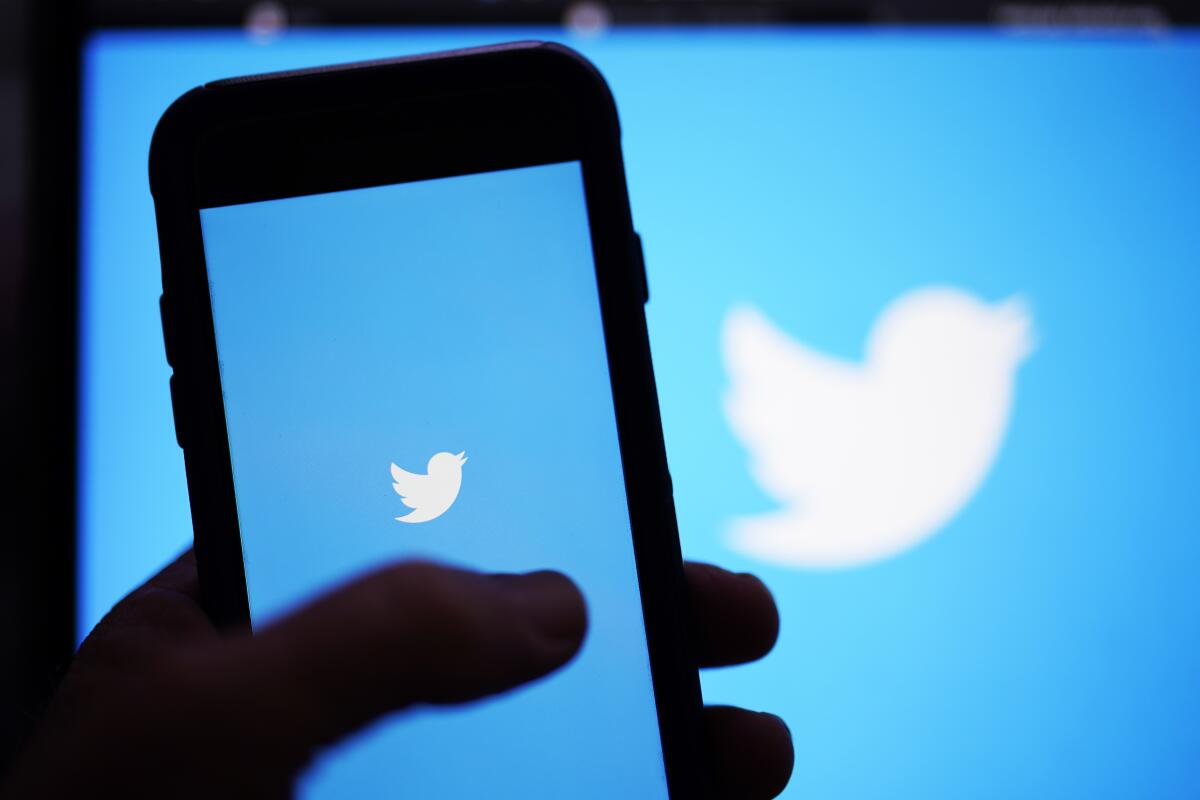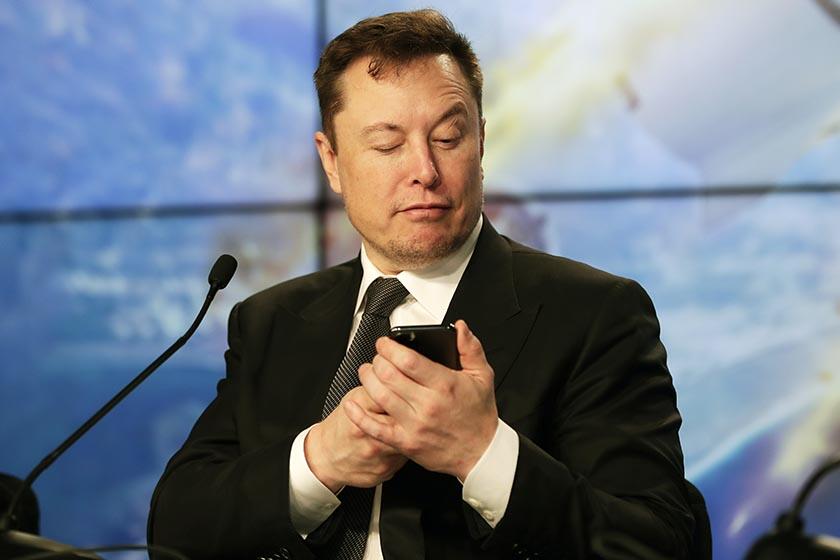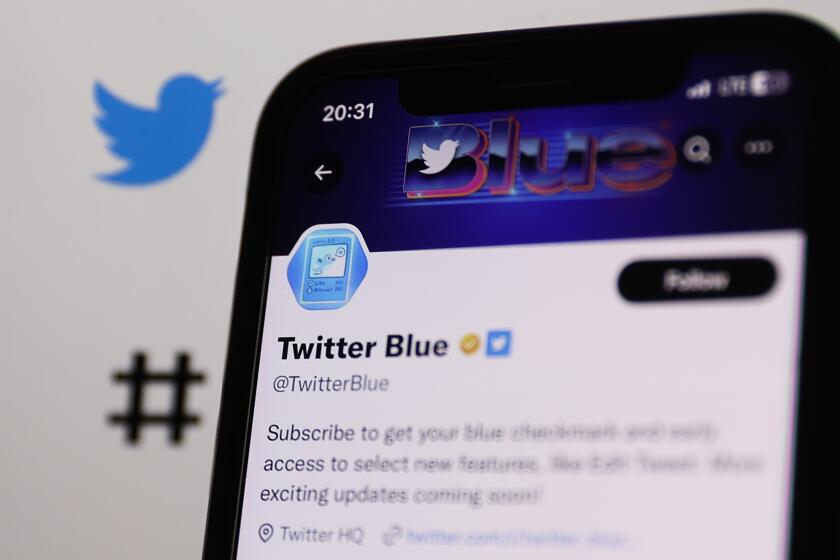NPR objects to ‘state-affiliated media’ label Twitter slapped on account: ‘inaccurate’

National Public Radio has been caught up in the Twitter verification-system overhaul and some new company-administered labels that have riled users of the social media platform since Tesla and SpaceX honcho Elon Musk took over the platform last fall.
NPR was wrongly labeled Tuesday as “US state-affiliated media” on the social network, according to its chief executive and correspondents — a move that contradicts Twitter’s previously held definition of the term. The label now appears on NPR’s primary Twitter bio and all of the tweets from NPR’s primary Twitter account, similar to missives from the accounts of foreign outlets, including the network RT (formerly Russia Today) and Sputnik radio, owned and operated by the Russian government, and China’s Xinhua News Agency, which is similarly state-run.
Independent nonprofit NPR, in contrast, gets a minuscule amount of its funding from government grants and retains editorial independence.
Twitter’s new owner is awful at tweeting, but there’s one thing about social media he understands better than the people trying to sue him, and it’s why he keeps winning.
The move comes after the social media giant ended its legacy verification system on Saturday, offering blue-check verification to anyone who pays $8 a month for a Twitter Blue badge. News organizations including the Los Angeles Times, Washington Post and New York Times have declined to pay for the fee-based service because the blue check marks no longer represent authority and expertise on the platform.
Meanwhile, Twitter’s policy now defines “state-affiliated” media on the platform as “outlets where the state exercises control over editorial content through financial resources, direct or indirect political pressures, and/or control over production and distribution.”
But in an earlier iteration, the company’s own policy separately labeled NPR — as well as the BBC in the U.K. — as “state-financed media organizations with editorial independence” instead.
However, on Tuesday, Twitter removed the reference to NPR in the state-financed media explanation. It used only the BBC as an example, according to NPR correspondent David Gura, who tweeted out screenshots of the past and present label definitions.
Musk, who took ownership of Twitter in October, shared a portion the company’s policy regarding state-affiliated media on Tuesday in a reply to a user who applauded the label being placed on NPR’s account.
“Seems accurate,” Musk wrote.
Starting Saturday, Twitter plans to give verification check marks to Blue subscribers only. It will be a crucial test to see who is willing to pay.
But, in a statement posted Wednesday on Twitter, NPR President and Chief Executive John Lansing objected to the nomenclature. He said he was “disturbed” to see NPR labeled as “state-affiliated media” when the term does not apply to the organization, per Twitter’s earlier guidelines.
“NPR and our Member stations are supported by millions of listeners who depend on us for the independent, fact-based journalism we provide,” Lansing said.
“NPR stands for freedom of speech and holding the powerful accountable. It is unacceptable for Twitter to label us this way. A vigorous, vibrant free press is essential to the health of our democracy.”
NPR is funded by “significantly different but interrelated ways,” according to its website. The independent, nonprofit media organization is also a membership organization that separately licenses and operates public radio stations across the U.S. Its two largest funding sources are corporate sponsorships and fees paid by NPR Member organizations.
It also receives institutional grants, individual contributions and fees paid by users of the Public Radio Satellite System, as well as donations from listeners, as seen in the member stations’ ubiquitous membership fundraising drives throughout the year.
On average, it receives less than 1% of its annual operating budget from grants from the Corporation for Public Broadcasting and federal departments and agencies, NPR said.
Amid online concern about her exit, the outgoing host of NPR’s ‘All Things Considered’ took to Twitter to emphasize the struggles journalists of color face.
“NPR is not state affiliated media. It is public media,” tweeted New York Times podcast host and former NPR host Lulu Garcia-Navarro. “The NYT is not propaganda. It is the most robust news organization in the English speaking world. The bias as to who is being targeted on this site by its leadership is so very clear. And it’s not a small thing.”
“Labeling @NPR state-affiliated media is wholly inaccurate and untruthful,” NPR journalist Ashley Westerman added. “NPR gets LESS THAN 2% of its funding from grants through the federal government. NPR’s newsroom is an absolutely free and independent newsroom; always has been. This label is a LIE and an insult.”
“So now the Chief Twit has decided to slap a label on NPR as ‘US state-affiliated media,’ proving that he knows nothing about @NPR or what that phrase actually means,” NPR’s TV critic and media analyst Eric Deggans tweeted. “Really wish he would stop picking pointless rhetorical fights in this space and actually improve things.”
More to Read
Inside the business of entertainment
The Wide Shot brings you news, analysis and insights on everything from streaming wars to production — and what it all means for the future.
You may occasionally receive promotional content from the Los Angeles Times.














